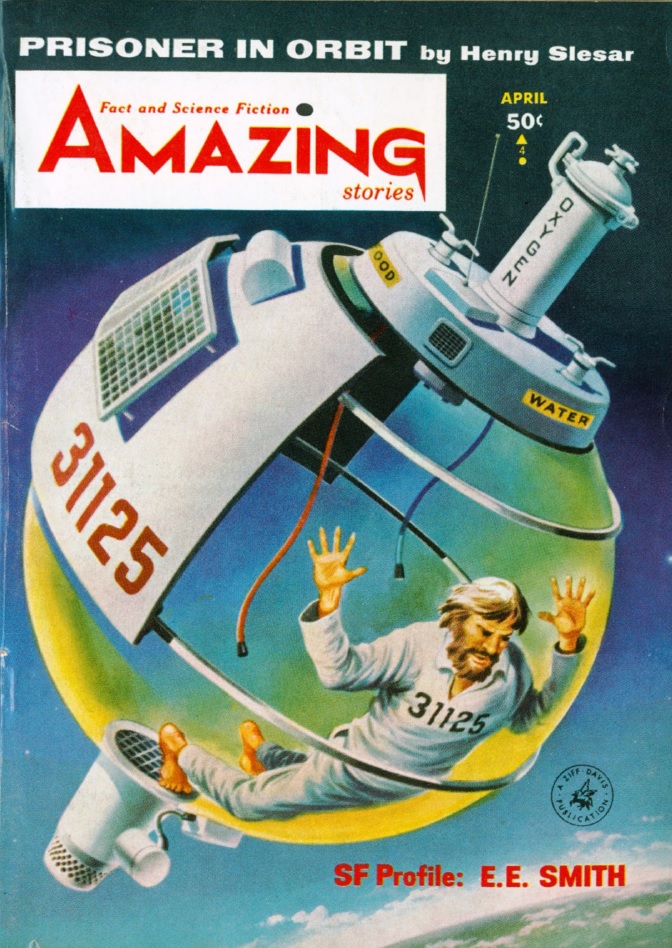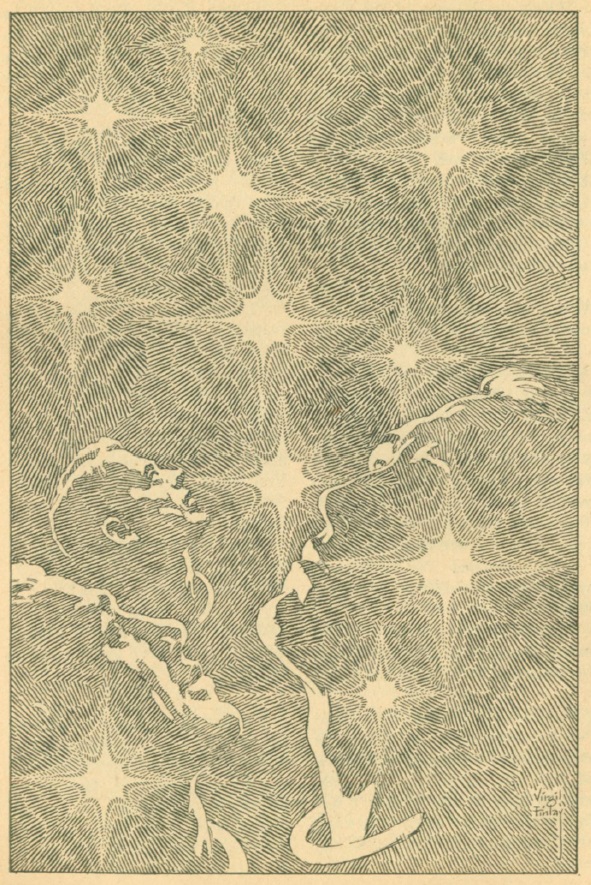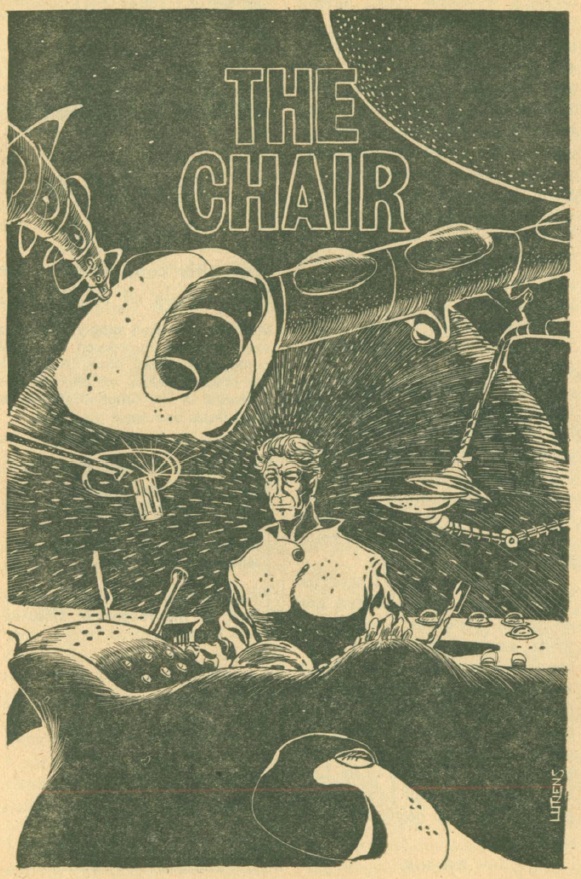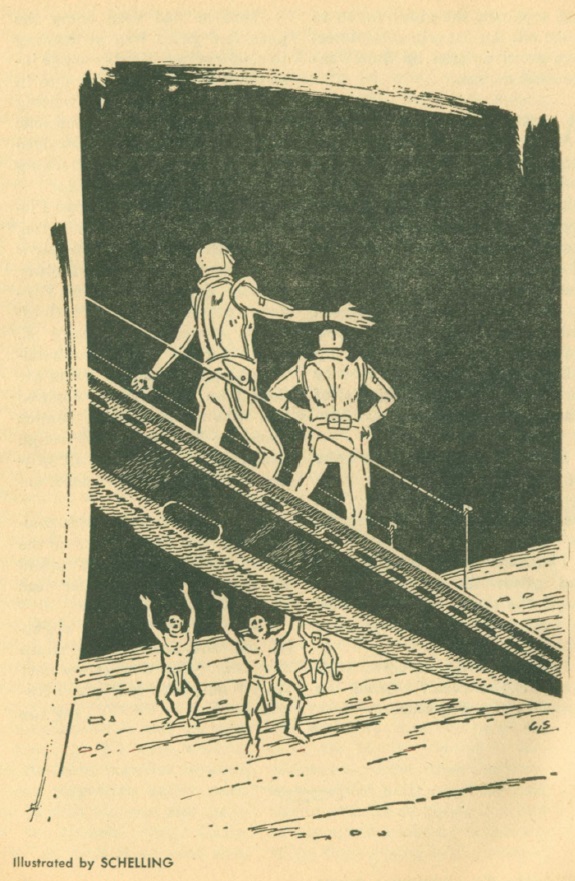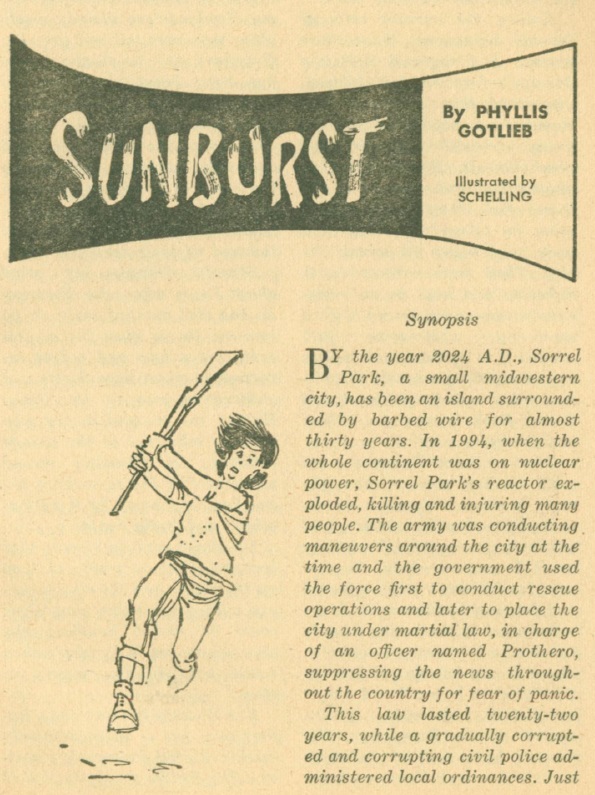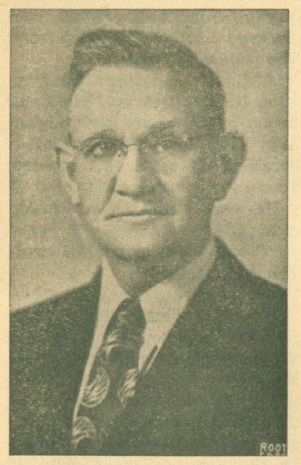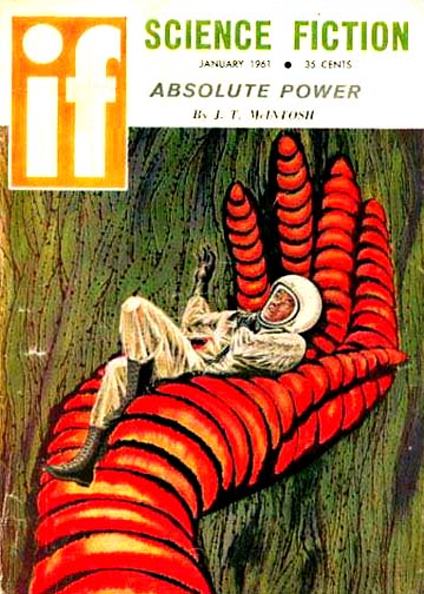
by John Boston
Long Hot Summer, Barely Begun
So, we have a new civil rights law, one which should transform life in the segregated South—not to mention the less overtly segregated North—if implemented. Note the last phrase. Meanwhile, in Mississippi, three civil rights workers involved in voter registration efforts have been missing for three weeks, after being pulled over for speeding by a local sheriff, then released. Goodman, Chaney, and Schwerner: remember those names. I wonder if we will hear them again.

The Issue at Hand
This August Amazing features on its cover Robert F. Young’s The HoneyEarthers, on its face a depressing prospect. After his tiresome rehashes of Bible stories and fairy tales, is Young now sending Ralph Kramden into space? Fortunately, no. This time, Young has actually tried to write a story. It’s pretty terrible, but still, the effort is there. Attention must be paid to this man . . . briefly.

by Richard McKenna
The HoneyEarthers, by Robert F. Young
Young essays a rather complicated plot, and if you have any interest in reading the story, you might want to do so now. Okay, back? It begins with an unnamed kid working as an ice miner in Saturn’s rings, and he gets into fatal-looking trouble. Next, there’s an older man, Aaron, escorting a younger woman on the HoneyEarth Express to the Moon—his son’s wife Fleurette. His son Ronny (Aaron Jr.) has left her and is fleeing prosecution for tax evasion. The father is in love with his son’s wife, but this trip is to be entirely chaste, even though the voyage is typically for honeymooners, some of whose amatory antics on the flight are mentioned with disapproval.
On the Moon, Aaron discloses that Ronny was the doomed ice miner, whom Aaron rescued in the nick of time and then adopted. But Ronny experienced space fright and developed space fugue and can’t remember anything before the rescue. And there’s more! In the interim, Aaron went to the stars, spent a number of years on two different planets, and made a bunch of money. Now, he says, Ronny (having fled to space) is about to have a second space fright episode, which will bring back his memory of the years he lost to amnesia from the first episode, while cancelling out his memory of the intervening years, including Aaron and Fleurette.

by George Schelling
By this point it seems clear that Aaron and Ronny, decades apart in age, are the same person. But . . . where’s the necessary time travel? As mentioned, Aaron traveled to two extrasolar planets, then came back to Mars, and headed for Saturn to rescue Ronny. Now I know what you’re thinking—this guy has confused time dilation from faster-than-light interstellar travel with time travel!
But no. Young has instead relied on that time-honored technique of the field: just making stuff up. In this case, it’s called “circumventing the space-time equalization schedule,” a phrase that is not explained but which the author apparently thinks means he can bend time to his will and the needs of the plot. And after Aaron’s long anguished confession of all this history to Fleurette, it looks like he’s going to get his just reward.
All this takes place in the overarching context of Young’s familiar overbearing sentimentality about beautiful young women, which reaches a crescendo, fever pitch, or something like that. To wit:
“A girl stepped into the room.
“She had dark-brown hair. She was tall and slender. She had gray eyes and a round full face. The girlish dress she was wearing began below her shoulders, and the firelight had
already fallen in love with her smooth clear skin. Meadow flowers grew around her, and her mouth had the redness of the wild raspberries that grew in the fields of his youth. Spring resided in the dew-brightness of her eyes; her cheeks held the hue of frost-kissed leaves. Spring, summer, fall and finally winter in the snow-whiteness of her hands. . . .
“She came like a summer wind across the room and kissed him, and he knew the fields once again: the fields and the woods and the warm summer sun, and the red and succulent berries that had stained his lips and filled his mouth with sweetness.”
I believe the critics’ technical term for this is “icky.” There’s plenty of it. There are also other comment-worthy items, such as the notion of space fright, which causes amnesia, but a second episode of space fright will bring back the errant memories, a height of contrivance equal to the “space-time equalization schedule.” But enough. One star, with a ribbon for the labor this confection obviously required.
Selection, by Ursula K. Le Guin

by George Schelling
This jokey short story is in some ways the antithesis of The HoneyEarthers (by being jokey, for starters). On a colony planet, marriages are arranged by computer, and there’s no appeal. The protagonist, Miss Ekstrom-Ngungu, intensely dislikes her designated husband, Mr. Chang-Oliver, but in the absence of other options, they go through with it, and the bottom line seems to be that people get over things fairly easily in the face of a little danger and the need to get on with life. The selection process is presided over by a Mr. Gosseyn-Ho; appropriating the name of the protagonist of van Vogt’s The World of Null-A seems to be a dig at the long history of pseudo-rationality in SF. The story is a lightweight satire but is less cartoony than most of its type, with more density of detail than usual about the colony planet and the work of the colonists. Le Guin is a very solid writer even in her more relaxed moments. Three stars.
Valedictory, by Phyllis Gotlieb

by George Schelling
Phyllis Gotlieb, author of the rather overblown but underperforming serial Sunburst, is back with a miniature, Valedictory, in which a woman in training to be a time-traveling researcher thinks she needs to go back and comfort her younger self. Like Le Guin’s (and unlike Young’s!), this is a story about getting over things, rendered with nice economy. Three stars.
Furnace of the Blue Flame, by Robert Rohrer

by Robert Adragna
The precocious Robert Rohrer (b. 1946), who I would guess has just graduated from high school, contributes Furnace of the Blue Flame, but might as well not have bothered. It’s a capably written but terminally cliched post-apocalyptic story—you know, the kind that refers to “the still-scorched fields south of Nuyuk . . . the rocky wastes surrounding Bigchi . . . the plains of baked clay north of Lanna,” and so forth. Morg, a lone wanderer and apostle of knowledge, disposes of a local petty tyrant who keeps his people in ignorance. Morg uses the surviving nuclear reactor of the title to beat the bad guys. Two stars.
Zelerinda, by Gordon Walters

by George Schelling
The last item of fiction is Zelerinda, a long and turgid novelet by Gordon Walters, said to be a pseudonym of George W. Locke, who has published a few scattered stories under the two names. Zelerinda is a planet that is missing half the elements in the periodic table and has a temperature of 600 degrees F., so life on it is impossible—or so one would think. There’s been a series of nuclear explosions, which aren’t exactly natural, are they? So two guys are sent to investigate, one of whom possesses a poorly defined psi talent called delvining, or possessing a delvin, which he thinks he has to hide, though that idea is quickly forgotten. It’s quite badly written and about three times too long, though the ultimate revelation is at least mildly clever. Two stars.
Mort Weisinger: The Superman Behind Superman, by Sam Moskowitz

Sam Moskowitz’s SF Profile is Mort Weisinger: The Superman Behind Superman, which immediately raises two questions: who cares, and why bother? Meaning no disrespect to that shallow debasement of the conceptual armory of science fiction—er, let me try that again. While Superman in all his incarnations is no doubt of interest to students of popular culture, broadly speaking, one would think that Moskowitz would find higher priorities in this series on prominent SF writers. That said, it’s a perfectly adequate summary of a low-profile brief career in SF leading to a more substantial one in comics. Most interestingly, during World War II, the government found it necessary to suppress two Superman strips concerning atomic energy. Two stars.
Summing Up
So Amazing continues to idle, with the occasional loud backfire from the likes of Robert F. Young, and intervals of smooth humming from, this time, the very competent Ursula K. Le Guin and the getting-the-hang Phyllis Gotlieb. Next month, Edmond Hamilton and James H. Schmitz are promised. Expect no sudden shifting of gears.

[Come join us at Portal 55, Galactic Journey's real-time lounge! Talk about your favorite SFF, chat with the Traveler and co., relax, sit a spell…]
!function(d,s,id){var js,fjs=d.getElementsByTagName(s)[0],p=/^http:/.test(d.location)?'http':'https';if(!d.getElementById(id)){js=d.createElement(s);js.id=id;js.src=p+'://platform.twitter.com/widgets.js';fjs.parentNode.insertBefore(js,fjs);}}(document, 'script', 'twitter-wjs');



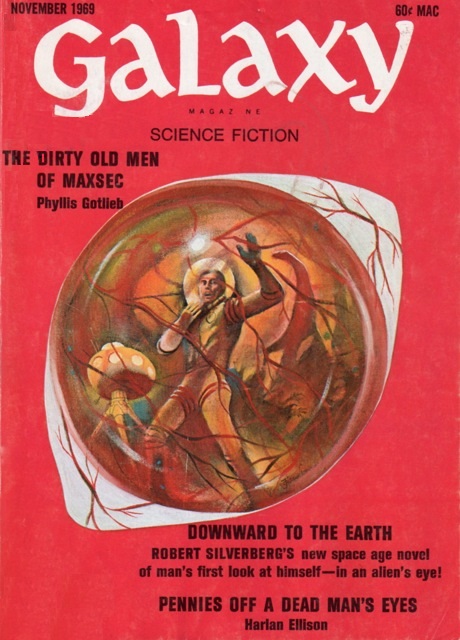

![[October 12, 1969] My country, right or… (November 1969 <i>Galaxy</i>)](https://galacticjourney.org/wp-content/uploads/2024/10/691010cover-460x372.jpg)
![[December 2, 1967] Women and Men (January 1968 <i>IF</i>)](https://galacticjourney.org/wp-content/uploads/2022/11/IF-1968-01-Cover-672x372.jpg)

 President Johnson signing the law allowing women to rise in the ranks.
President Johnson signing the law allowing women to rise in the ranks.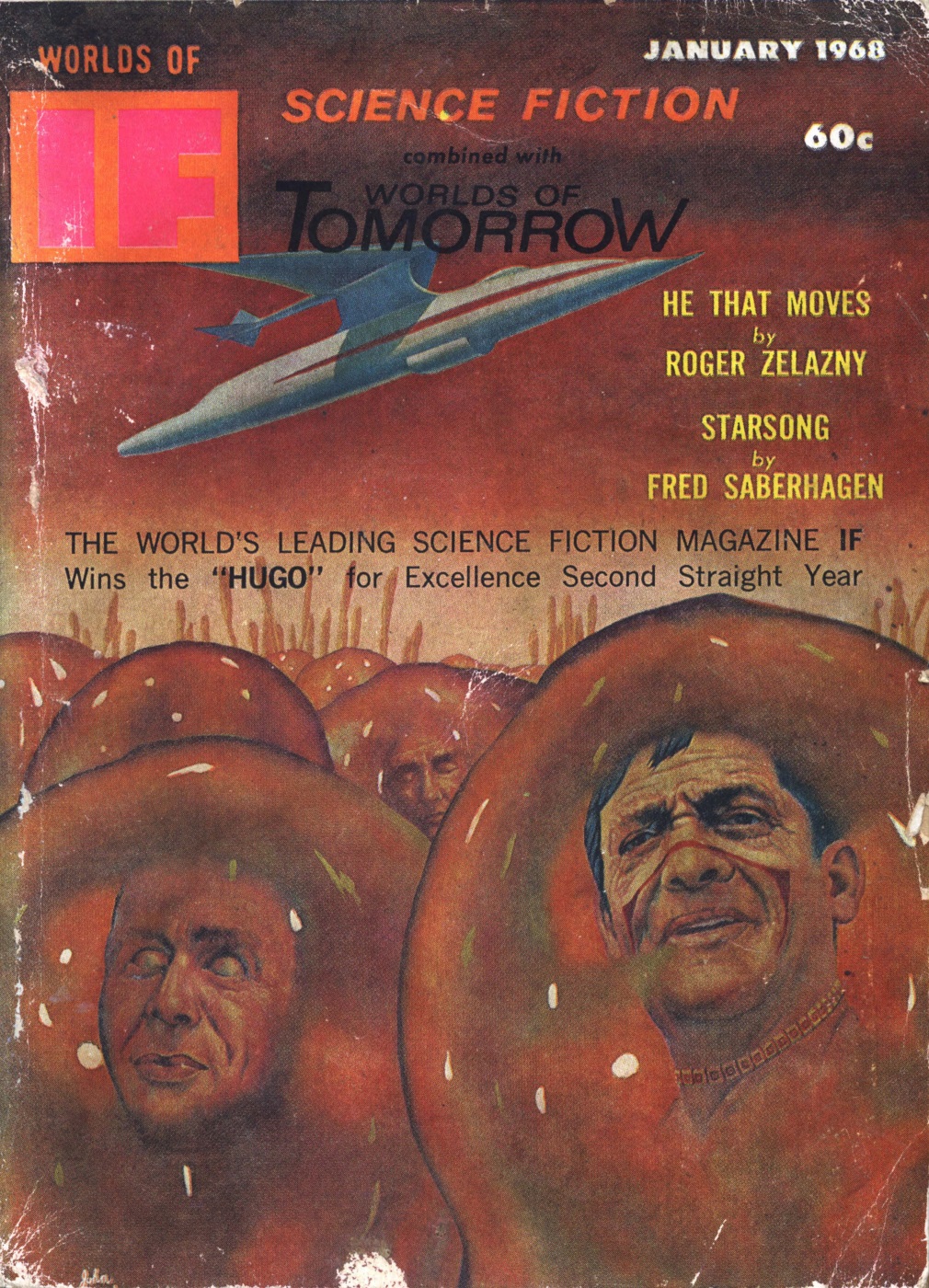 What are these people doing in these blobs? Art by Pederson
What are these people doing in these blobs? Art by Pederson![[April 18, 1967] Bright Lights (May 1967 <i>Fantasy and Science Fiction</i>](https://galacticjourney.org/wp-content/uploads/2022/04/670418cover-672x372.jpg)





![[July 14, 1964] TO THE MOON, ALICE (the August 1964 <i>Amazing</i>)](https://galacticjourney.org/wp-content/uploads/2019/07/640714cover-659x372.jpg)










![[April 14, 1964] COOKING WITH ASH (the May 1964 <i>Amazing</i>)](https://galacticjourney.org/wp-content/uploads/2019/04/640414cover-672x372.jpg)
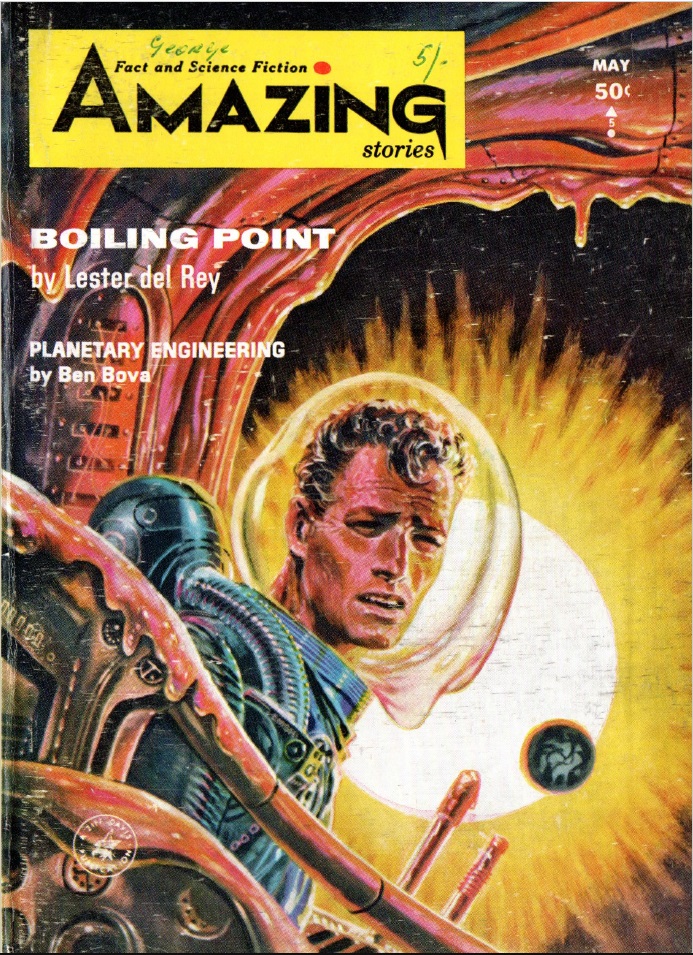
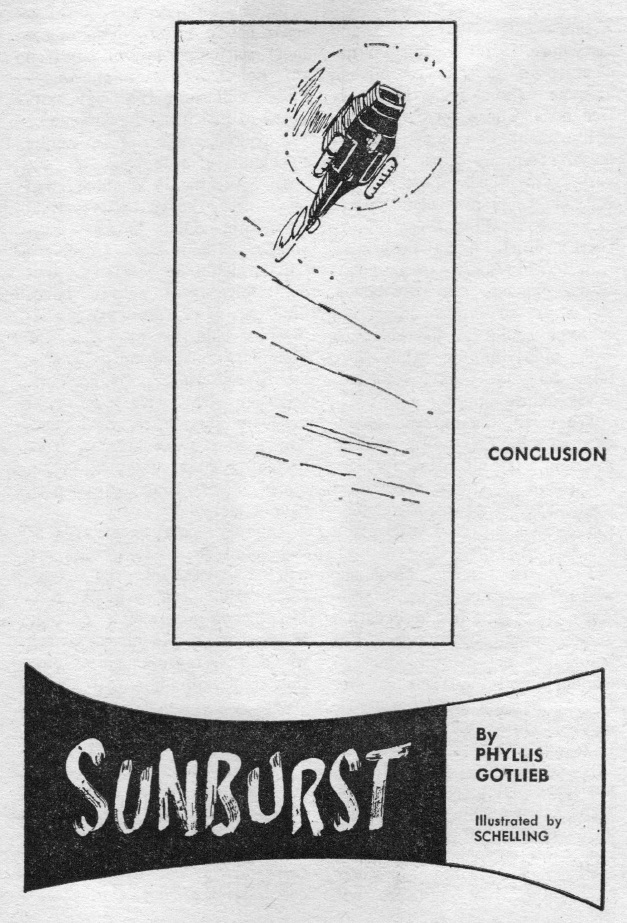
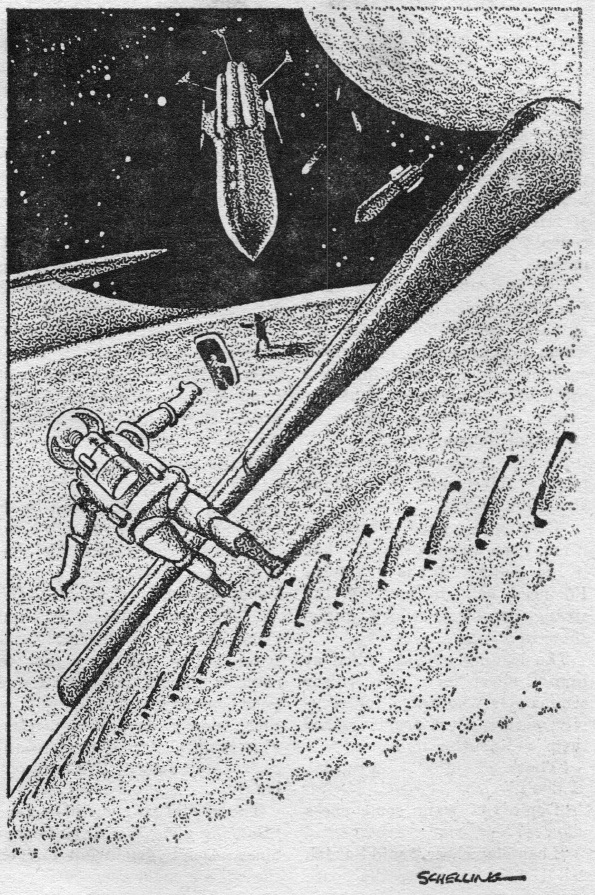

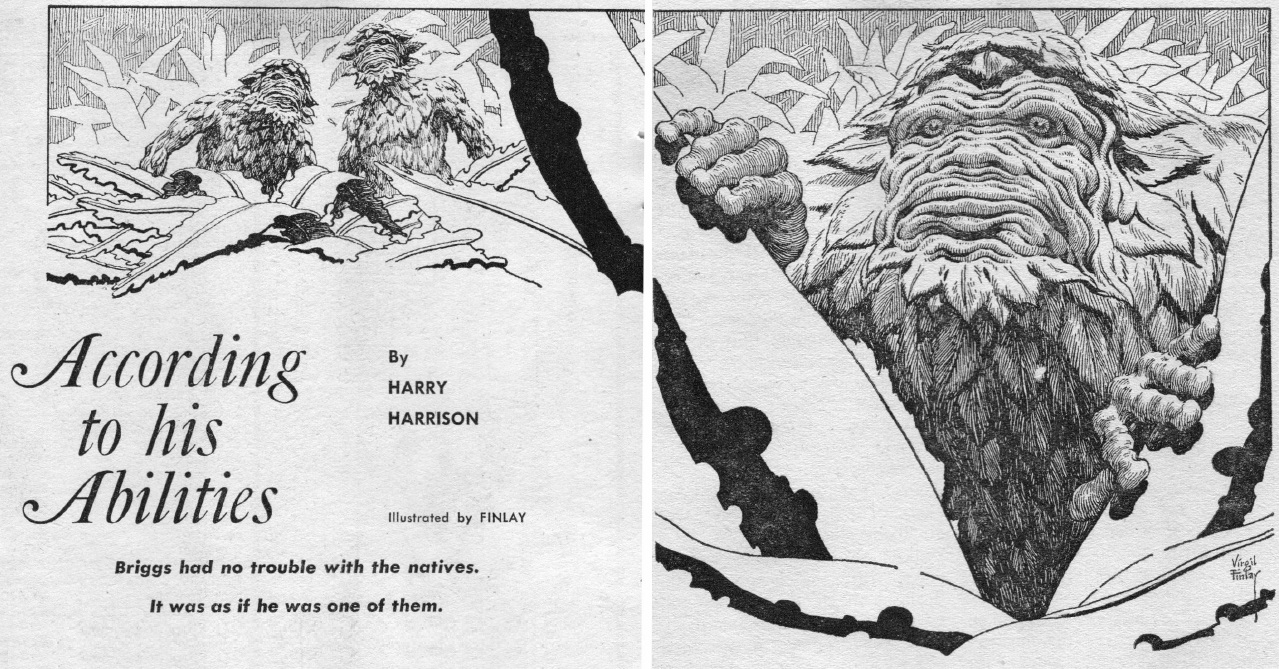
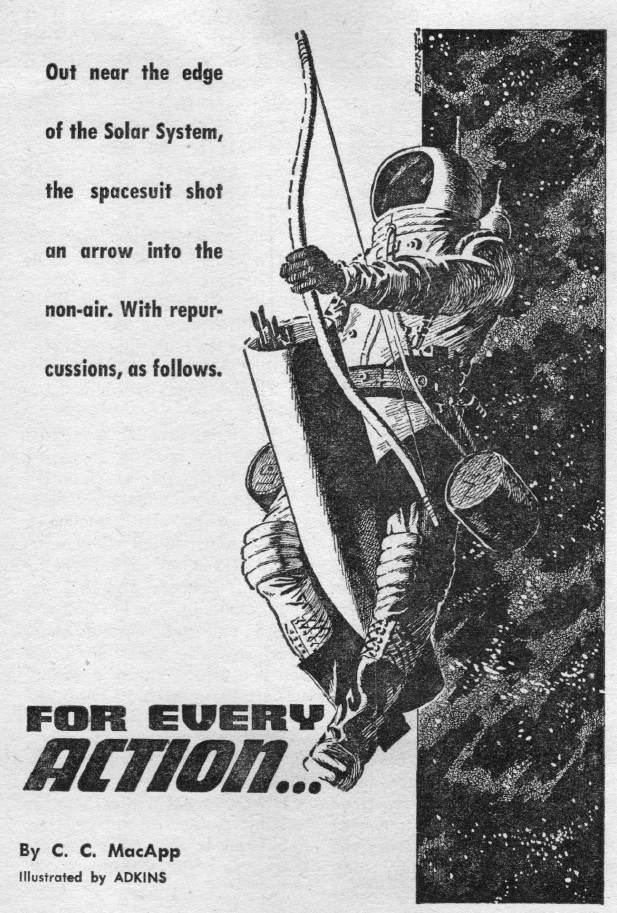
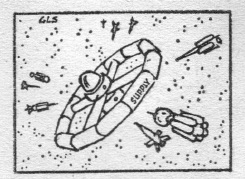
![[March 13, 1964] NOTHING MUCH TO SAY (the April 1964 <i>Amazing</i>)](https://galacticjourney.org/wp-content/uploads/2019/03/640313cover-672x372.jpg)
